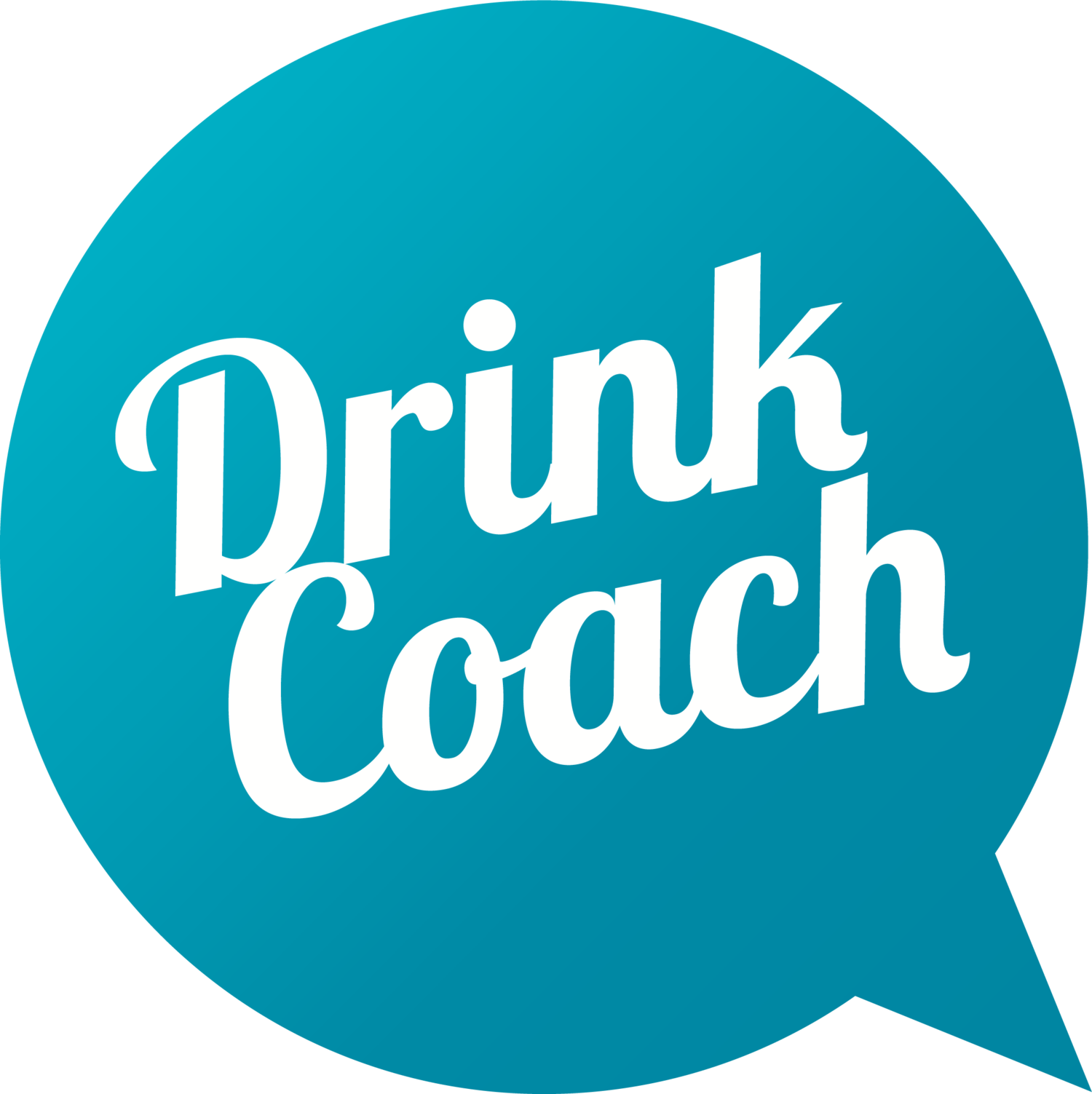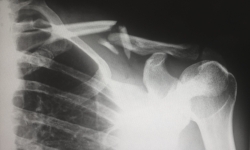Alcohol and your health: the short term effects
Accidents: Poor coordination and distorted thinking.
As alcohol is absorbed into the bloodstream, there are notable effects on our thought processes, body and behaviour that are likely to contribute to and cause accidents.
In 2015/16 - 46% of patients admitted to hospital due to alcohol consumption were aged between 55 and 74.
NHS Digital (2018).
Statistics on Alcohol, England, 2018.
In England in 2016/17, there were an estimated 1.13 million hospital admissions related to alcohol consumption, 67% higher than ten years previously.
NHS Digital (2018).
Statistics on Alcohol, England, 2018.
In 2016 in Great Britain, there were 9,040 drink-drive casualties and 6,070 drink-drive accidents.
Department for Transport (2018).
Estimated number of reported drink drive accidents and casualties in Great Britain: 1979-2016.
From bruises to life changing injuries or even death, intoxication is no laughing matter.
Dancing on the table might have felt like a good idea at the time but alcohol can make it difficult to coordinate body movement and thought processes can be distorted, plus the part of brain that controls impulses can become delayed or over-ridden. This affects our decision-making. The combination of poor coordination, distorted thinking and impaired decision-making means the more you drink, the more likely it is that you’ll have an accident.
“The drink drive limit in England and Wales is 80 milligrams of alcohol per 100 millilitres of blood or 0.08. In Scotland, Australia, New Zealand - and many other parts of the world - it is much lower at 0.05.”













